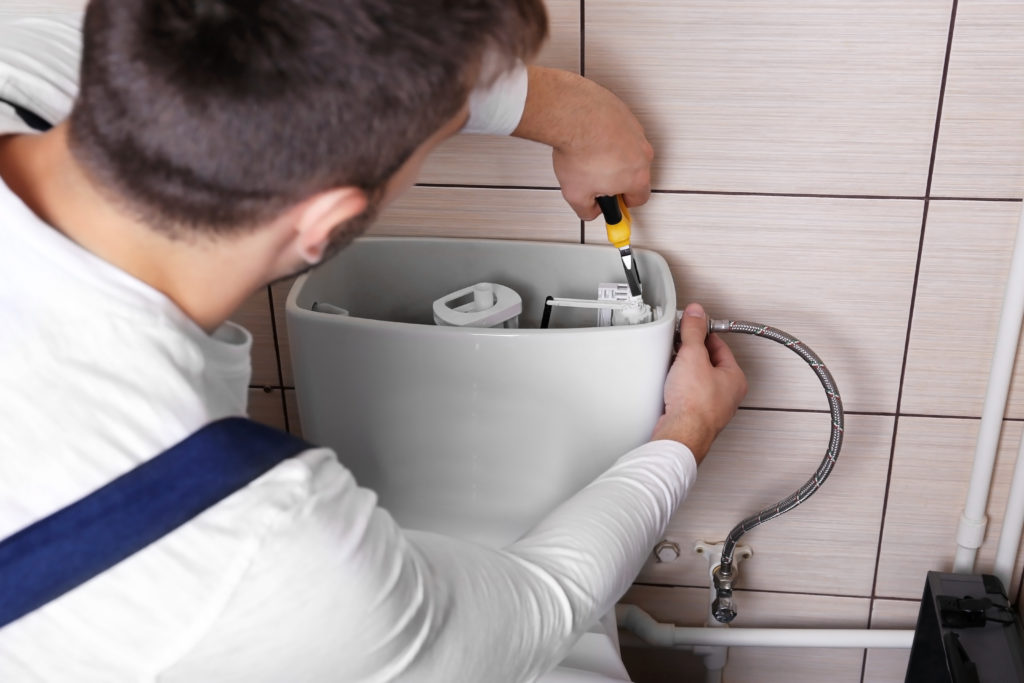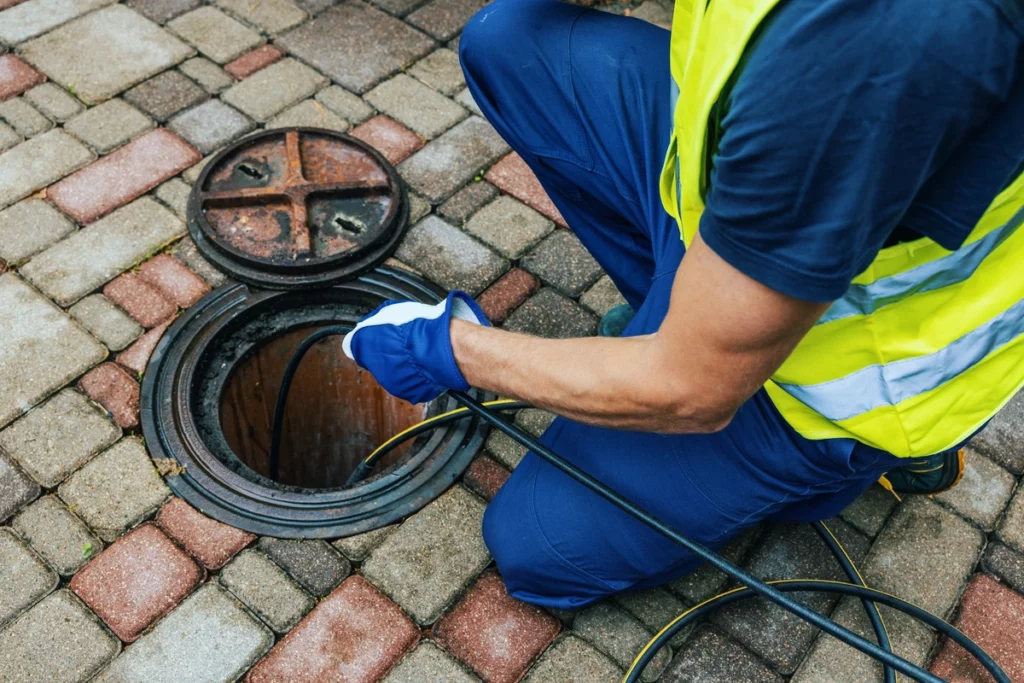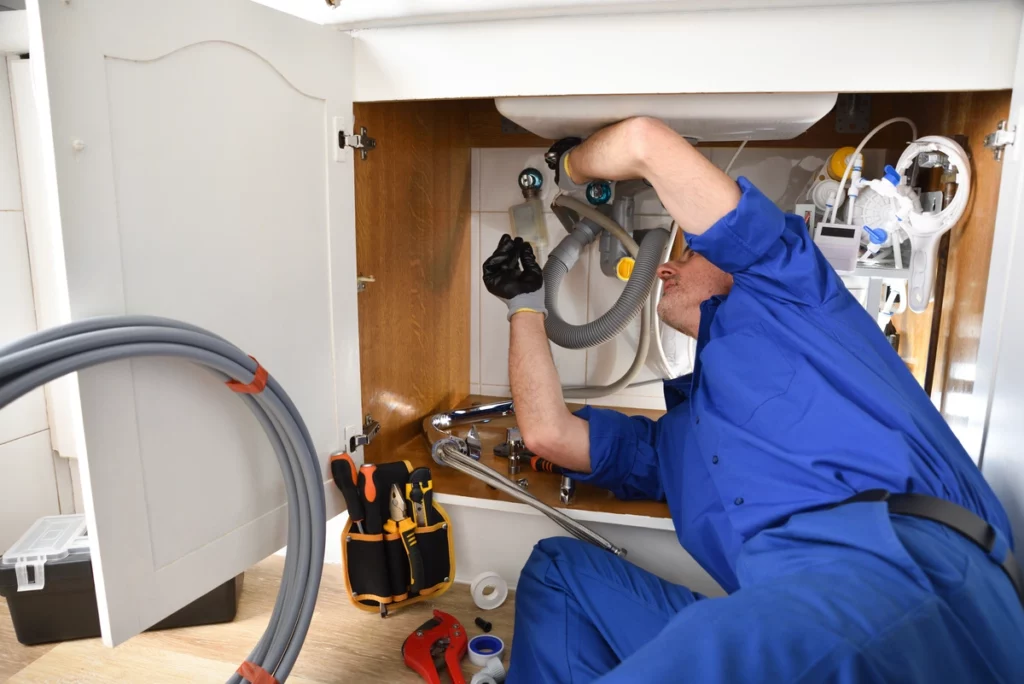If you’re someone who enjoys long, hot showers or have a full house of people that thrive on hot water, it’s a good idea to learn about your options regarding the various types of water heaters out there.
After all, it’s one of the most hardworking appliances in your home — not to mention, one of the most expensive ones (and that’s not including the installation). Therefore, it’s an important consideration for your home, especially when you have to replace it suddenly.
In this article, we’ll walk you through the six types of water heaters available so you’ll be more prepared to choose when the time comes.
6 Types of Water Heaters to Consider
It suffices to say that there are enough water heater types out there to confuse you. This includes electric, storage tank gas, conventional, solar, and tankless water heaters.
Let’s dive in and eliminate the confusion.
1. Tankless Water Heater
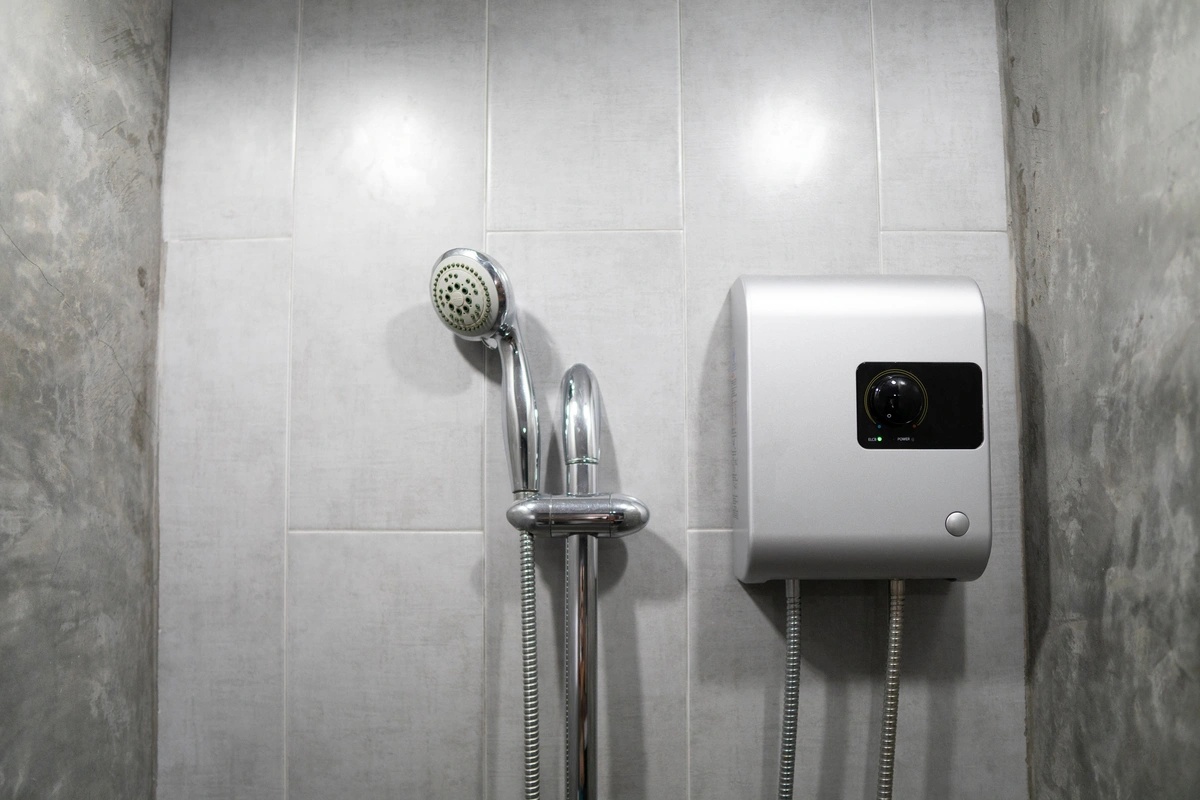
A tankless water heater is exactly what it sounds like — a water heater that doesn’t have a tank. Traditionally, the tank is where the water fills up and gets heated. However, tankless water heaters differ in that they use coils to heat up the water instantaneously.
Here’s what you need to know about tankless water heaters:
- Tankless heaters are among the most efficient of the bunch, heating large amounts of water on demand
- The hot water supply they provide is endless, meaning you won’t have to wait in between showers or other activities
- Tankless water heaters come in different sizes, which means you can choose the best size for the needs of your household
- They can also run on either gas or electricity, with the smaller sizes typically running on gas while the larger tanks usually run on electricity
- Depending on the size and power source, these water heaters can run you between $170 and $2,200
2. Conventional Storage Tank Water Heater
The conventional storage tank was the first type of water heater to hit the market. They’re still the most common tanks found in homes, and as the name suggests, they operate using a storage tank with a certain capacity.
Here’s the overview of this traditional setup:
- Small conventional tanks hold between five and 60 gallons of water which is sufficient for up to three people
- Medium to large water tanks hold up to 80 gallons, which is sufficient for three to six people
- Conventional tanks require a certain amount of room, making space a consideration for their installation
- The tanks themselves are insulated, and they work by allowing cold water from the tap into the bottom of the tank and then heating that water via gas flame or electric elements suspended inside of the tank
- These tanks will cost you between $820 and $1,290
3. Heat Pump Water Heater
The heat pump water heater, also referred to as a hybrid electric water heater, can save you a lot of money on your electric bill. This is due to the fact that they don’t directly involve heat generation in the process, which equates to lower power consumption — by up to 60% less energy!
Here’s what you need to know about hybrid electric water heaters:
- Heat pump water heaters work by capturing heat from the air or ground and transferring it to the water. This means the power only comes on when the heat is being transferred from the source to the water tank
- These tanks require the heat pump to be placed on top of the tank, which may not be ideal for colder areas of the home or cold climates
- These heaters will cost you between $1,000 and $3,000
4. Condensing Water Heater
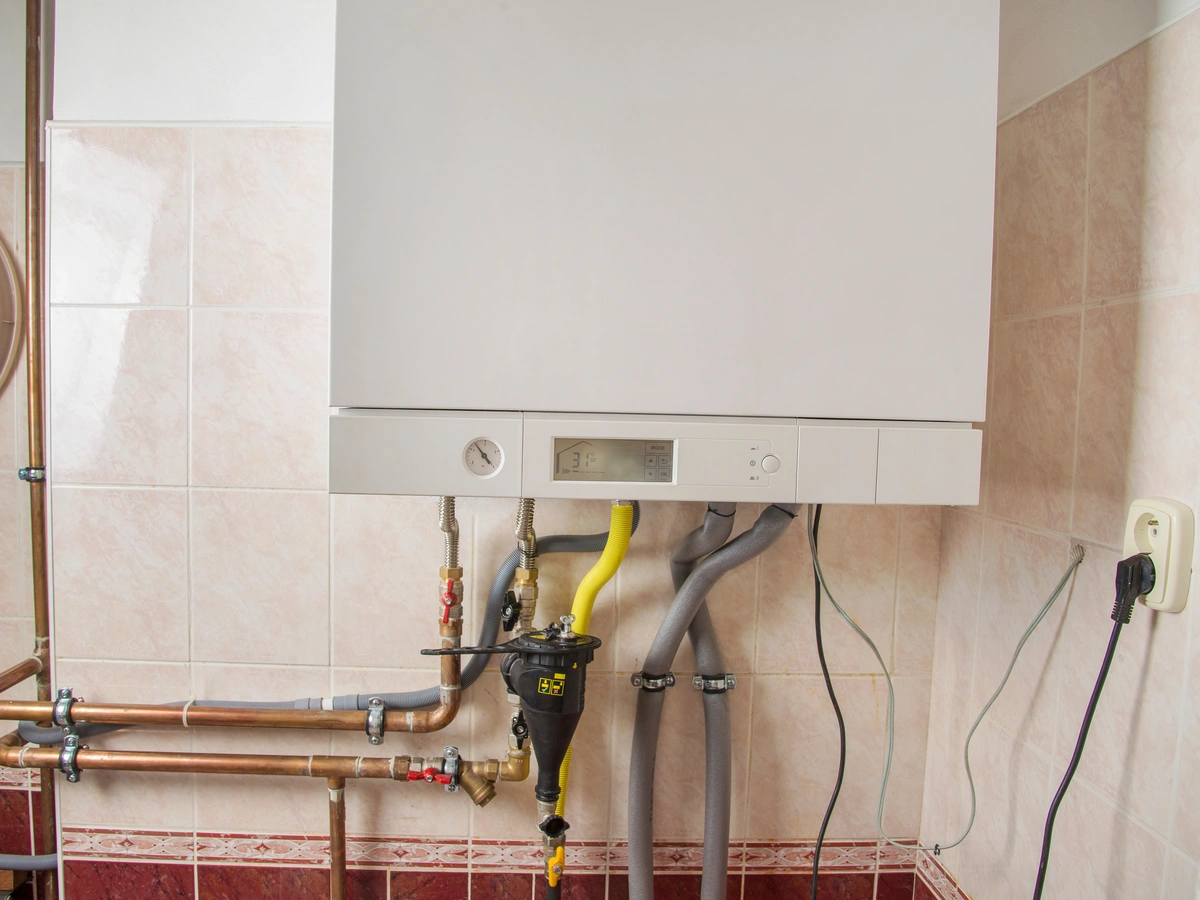
Condensing water heaters are also energy efficient due to the fact that they heat the water by capturing residual gas fumes. These water heater tanks are perfect for up to three people, as they can heat up to 55 gallons at a time.
Here’s more information on how they work:
- They run on gas, and the heat is extracted through a component called a “flue”. From there, the heat is stored and used to preheat the water in water is called a “boiler”
- These water heaters feature storage tanks, just like conventional heaters, and they have coils at the base which help to heat the incoming water
- These tanks come in medium to large sizes as natural gas is typically unavailable for small-sized units
- These units can run you anywhere from $600 to over $2,000
5. Solar Power Water Heater
Solar water heaters are becoming increasingly popular as they are both eco-friendly and energy efficient. Of course, being solar-powered, they do rely on sunlight as their power source.
Here’s the overview:
- The sun’s energy is captured by the solar panel cells and then transferred to a closed-loop system that’s heat-conductive
- Once the energy is converted to heat, the heat gets transferred to the insulated tank to heat the water
- If you live somewhere that sees a significant rainy season, you’ll likely need to have a backup source handy
- These heaters will cost you between !,000 and $4,000
6. Combined Space and Water Heating System
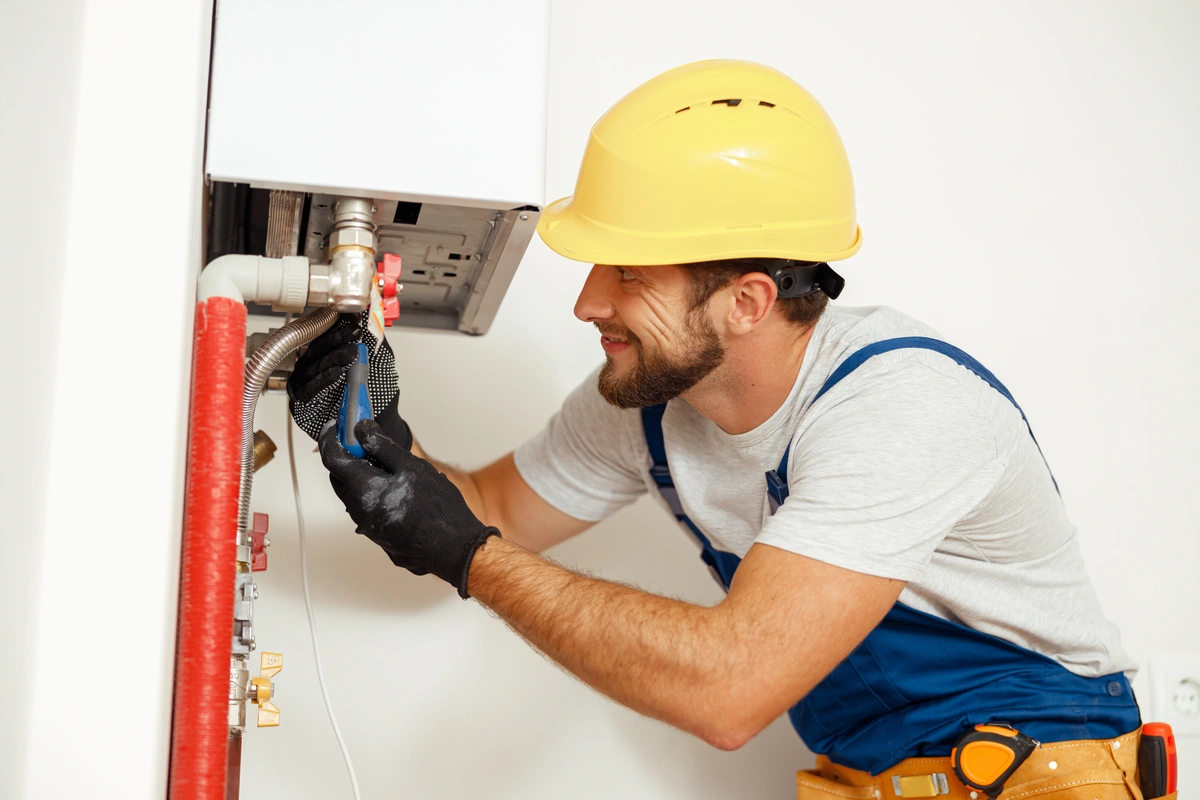
Combined space and water heating systems can come with or without hydronic boilers, making them a good replacement for forced-air furnaces. These water heaters are also a good solution for small homes that don’t have very demanding heating needs.
Overall, combined space and water heaters provide:
- More insulation
- Better space efficiency
- Less opportunity for air leakage
The water heaters with hydronic boilers have a heat exchange component that makes the heat transfer possible. To save space, they don’t involve tanks and instead use a flow control valve to maintain the temperature at all times.
Due to their compact size, these water heaters tend to take longer to heat the water. This makes them an unfavorable option for larger households. They’ll also cost you upwards of $3,000.
Which Water Heater Is Right For Your Home?
Choosing the right water heater for your home and heating needs will depend entirely on the size of your home and how many people live there. It’s common for most homes with families of three to four to have a medium to large-sized water heater. Of course, if you’re unsure you can always get advice from the experts.
A.J. Alberts Plumbing can help you figure out the best heating solution for your home. We’ll also install the unit for you, just give us a call and we’ll walk you through the entire inspection and installation process.


